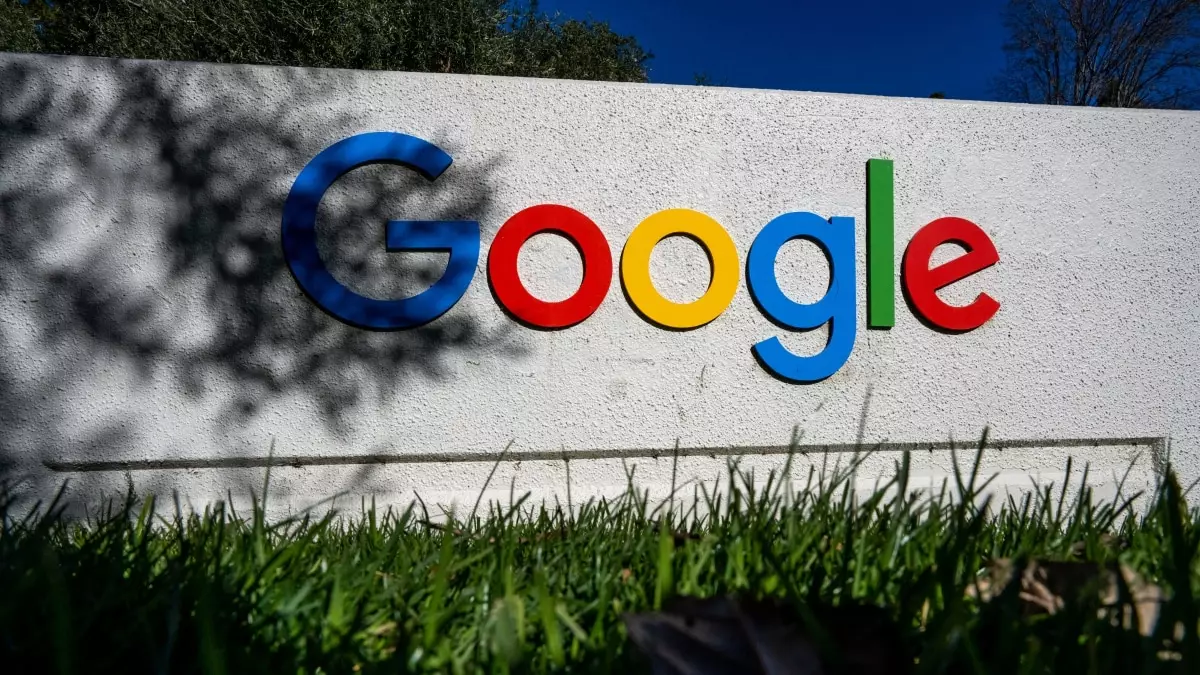In a world dominated by rapid technological evolution, Sundar Pichai’s recent declarations regarding Alphabet Inc.’s commitment to expanding its engineering team offer a counter-narrative to the prevalent fear of job losses due to artificial intelligence (AI). While many in the tech industry, including competitors like Microsoft, have resorted to layoffs to compensate for substantial investments in AI, Pichai’s perspective underscores a crucial truth: the human element remains indispensable, even as we march into an increasingly AI-driven future. The notion of replacing human talent with machines is tantalizing but myopically shortsighted.
Pichai asserts that engineers will see enhanced productivity through AI, as it handles mundane tasks that drain creative energies and innovation. This approach advocates for a symbiotic relationship between humans and AI rather than a competition for dominance. It urges us to rethink our concerns about artificial intelligence usurping jobs by emphasizing the enhancement of human capabilities instead of outright replacement. In theory, this is an optimistic vision; in practice, however, its success hinges on the ethical deployment and development of AI technologies.
The Illusions and Realities of AI Leadership
Despite Pichai’s confidence, the ambiguity surrounding the long-sought goal of Artificial General Intelligence (AGI) is a sobering reminder of the complexity involved in AI development. Pichai himself highlights the fallibility of current AI models, which continue to make glaring errors. His admission that we cannot predict a clear path towards AGI challenges the prevailing narrative of unstoppable technological progression, revealing a potentially disruptive gap between hype and reality.
In this light, the tech industry’s rush toward AI leadership raises concerns—not just about the technology itself, but also its implications for the workforce. Public fears are not merely speculative; they mirror the realities of a workforce grappling with transitions arising from automation. The question becomes: are we willing to invest not only in AI but in the people who will interact with and manage these systems? To ensure equitable progress, tech companies must prioritize training and reskilling their workforce, rather than viewing layoffs as a quick fix to balance financial ledgers.
A Digital Ecosystem at Risk
The conversations surrounding AI also extend into the realm of content creation and digital traffic. Pichai’s dialogue about incorporating AI into search engines signals a fundamental shift in how information is disseminated. While he reassures publishers of Google’s commitment to maintaining traffic to their websites, the ethical implications of AI-generated content loom large. What does it mean for the creative industries when algorithms start to supplant human input? In this cultural shift, there lies the potential for a dystopian erosion of diverse voices and perspectives, pushing out smaller creators in favor of AI-driven efficiencies.
This tension accentuates a pivotal question: as we summon AI to augment our capabilities, are we risking the authenticity of human expression? This is particularly pertinent in an age where public discourse and digital interactions increasingly hinge on algorithm-determined outputs. To ignore this aspect is to fail in safeguarding the creative fabric of our society. As tech giants like Google integrate AI into their core operations, a concerted effort must be made to protect the value of human creativity.
The Intersection of Technology and Ethics
Pichai’s comments come amid a cultural shift within Silicon Valley, where tech leaders are beginning to engage more directly with military applications. This relationship raises critical ethical questions about the role of tech companies in society. Meta’s Chief Technology Officer, Andrew Bosworth, reflects a growing acceptance for the tech industry to support military initiatives, suggesting a complex moral landscape that tech leaders must navigate. The allegiance to national interests can often conflict with the ethical responsibilities that come with wielding powerful technologies.
Herein lies a dilemma: how can the tech industry balance the drive for innovation with the moral implications of their creations? As companies forge partnerships with defense contractors for AI development, the line blurs between innovation for social good and the potential for reinforcing militarized frameworks. Addressing these questions is no longer optional; it is imperative for a humane technological future.
The perceptions and expectations regarding AI are evolving. As we explore this brave new world, we must remember that technology is a tool, meant to serve humanity, not to overshadow or replace it. The journey ahead requires introspection, foresight, and above all, an unwavering commitment to maintaining our human-centric approach amidst the waves of innovation.


Leave a Reply